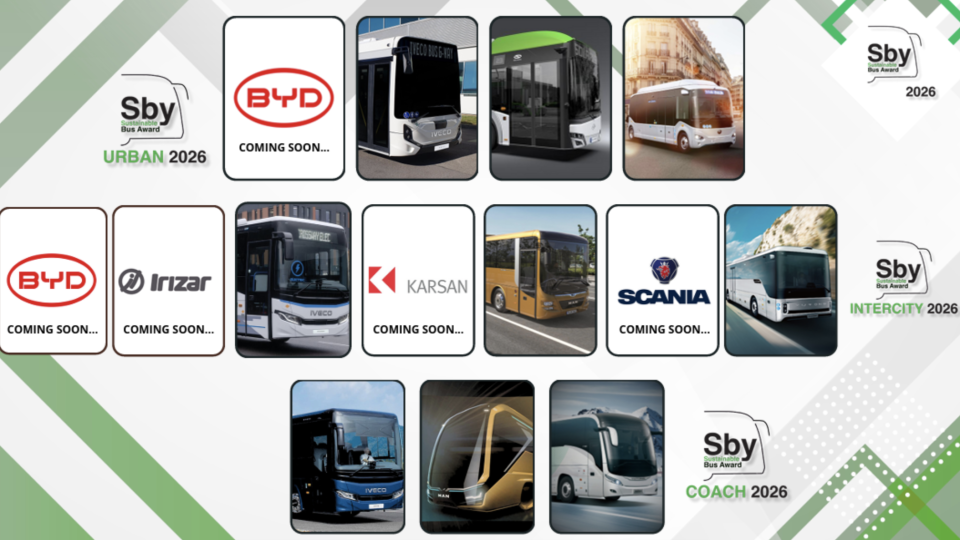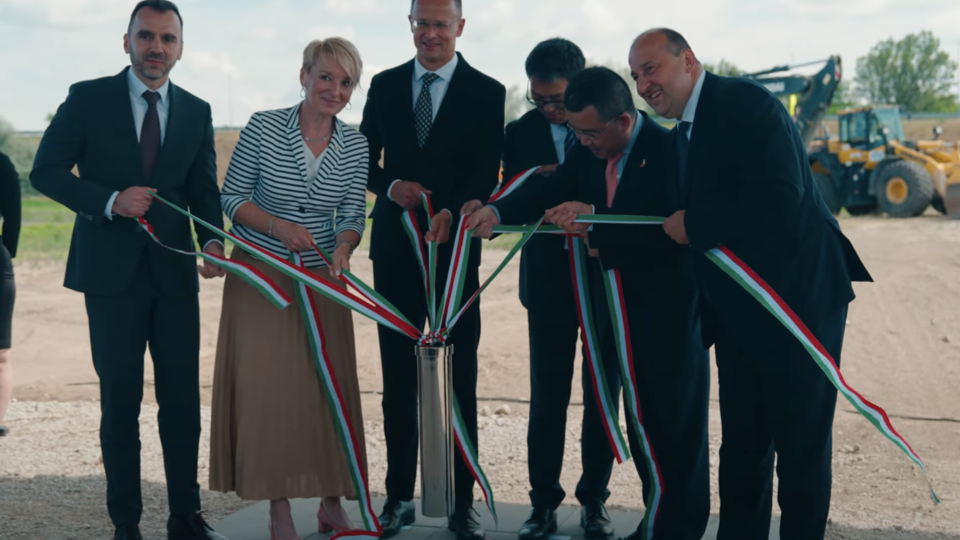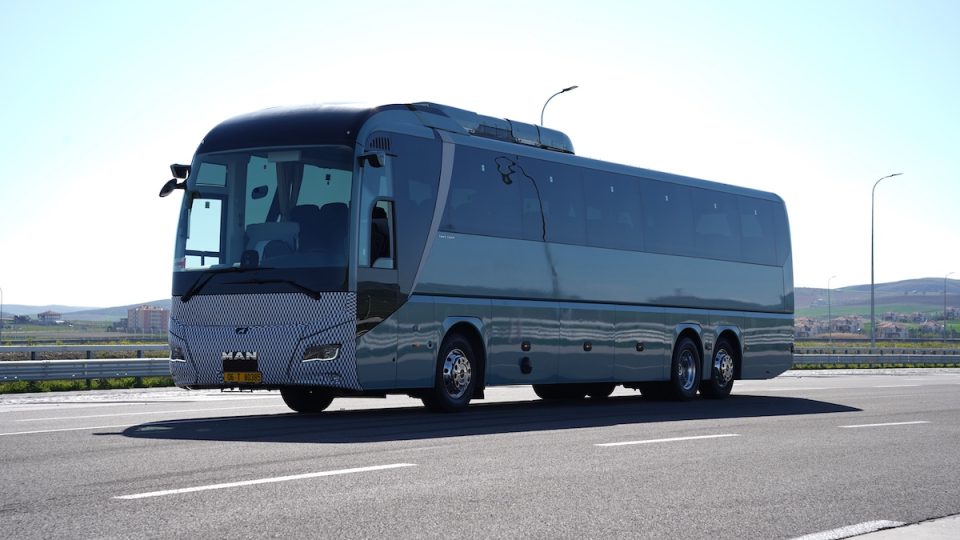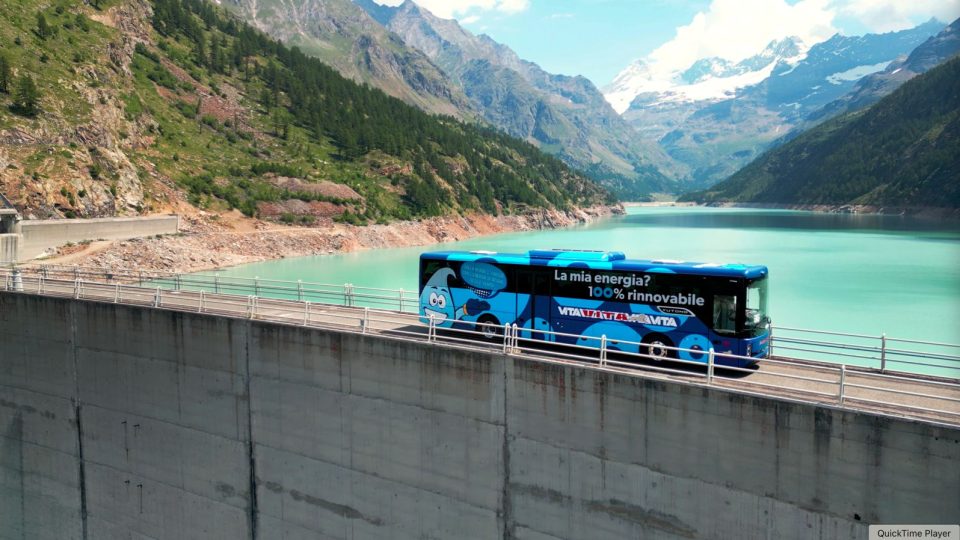The other electric bus. And why you need to know about it
Public transit leaders know that zero-emission buses are critical to the future of transit. In fact, many regions around the world are setting goals to convert entire fleets to zero emission operation. Electric buses are a well-proven solution. The challenge now is how to grow transit fleets from 10-20 zero-emission buses to hundreds. Implementing entire […]
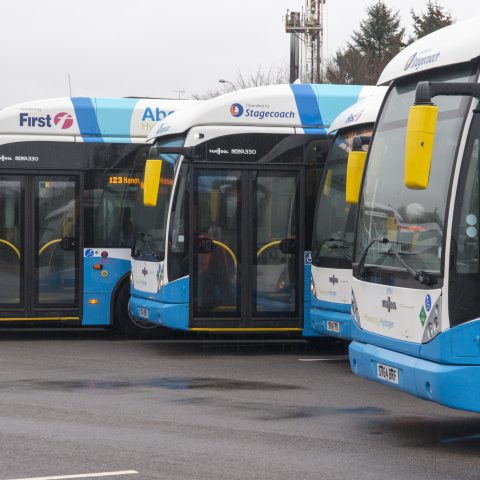
Public transit leaders know that zero-emission buses are critical to the future of transit. In fact, many regions around the world are setting goals to convert entire fleets to zero emission operation. Electric buses are a well-proven solution. The challenge now is how to grow transit fleets from 10-20 zero-emission buses to hundreds.
Implementing entire fleets of battery electric buses that require hours to recharge introduces complications related to charging infrastructure, the physical depot space and vehicle availability for operation. Range anxiety can be a concern for agencies operating long routes with frequent service.
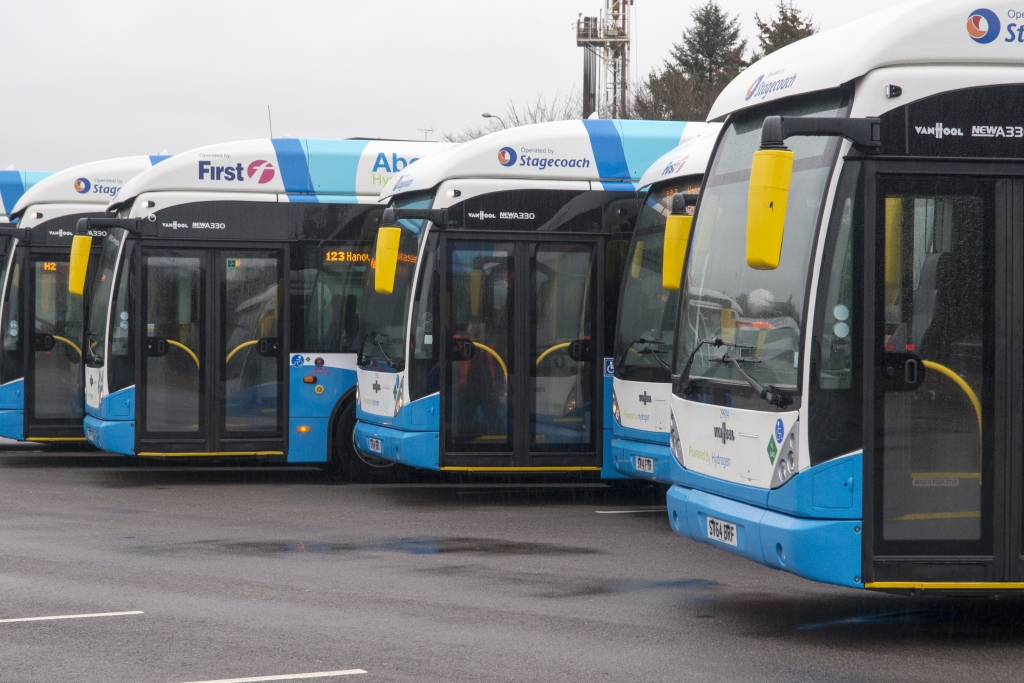
Fuel cell bus: the ‘other electric bus’
The fuel cell electric bus, the “other electric bus”, is a 100% electric bus with a hybrid battery-fuel cell power train. The fuel cell system acts as an onboard battery charger, using hydrogen as a high-density energy source. The fuel cell provides electricity to the electric drive and maintains the bus battery at an optimum charging level.
Fuel cell electric buses offer all the benefits of battery electric buses while facilitating large scale deployments. The “other electric bus”, powered by hydrogen fuel cells, is the only zero-emission technology to match diesel fleets with complete route flexibility, short refueling time and similar depot space utilization.
CLICK HERE FOR THE ARTICLE
Fuel Cell Electric Buses: The other electric bus
Fuel cell electric buses are field-proven
With more than 15 years on the road and millions of kilometers in passenger service, fuel cell buses have proven their performance. Fuel cell electric buses have demonstrated reliable operation long daily drive cycles during all seasons in challenging geographies. Today, there are over 130 fuel cell electric buses currently in service and powered by Ballard’s fuel cell power modules.
Using data that Ballard collected from the operation of those fuel cell electric buses and National Renewable Energy Laboratory’s (NREL) latest reports, a study has been published that reviews the actual performance of fuel cell electric buses in service and expected future improvements.
CLICK HERE TO DOWNLOAD THE REPORT
Since 2010, using data collected daily during 14 million kilometers of operation, the following performance has been validated:
- Bus range: over 450 kilometers
- Fuel cell durability: over 30,000 hours (without stack replacement or refurbishment)
- Fuel cell module availability: 97%
- Fuel consumption: less than 9kg/100km
Technology advancements that further improve bus performance will deliver even more compelling value propositions. Today, Ballard is investing in research and product development to increase product lifetime, improve cold weather operatio and reduce the total cost of ownership.
The way forward
Transit electrification is happening now. The trend is irreversible. Around the world, transit systems are “going electric.” Electric buses are the proven option for true zero emissions at the tailpipe. The choice that faces cities and transit authorities what technology to deploy.
Ultimately, cities will make their choices based on their unique operational requirements, geography and climate, as well as the availability and price of electricity and hydrogen, and local constraints. Amid the various zero emission bus technology options, fuel cell electric buses deliver the highest level of operational flexibility and vehicle performance while hydrogen fuel offers scalable infrastructure to minimize foot print in depot and costs within control of the bus operator




